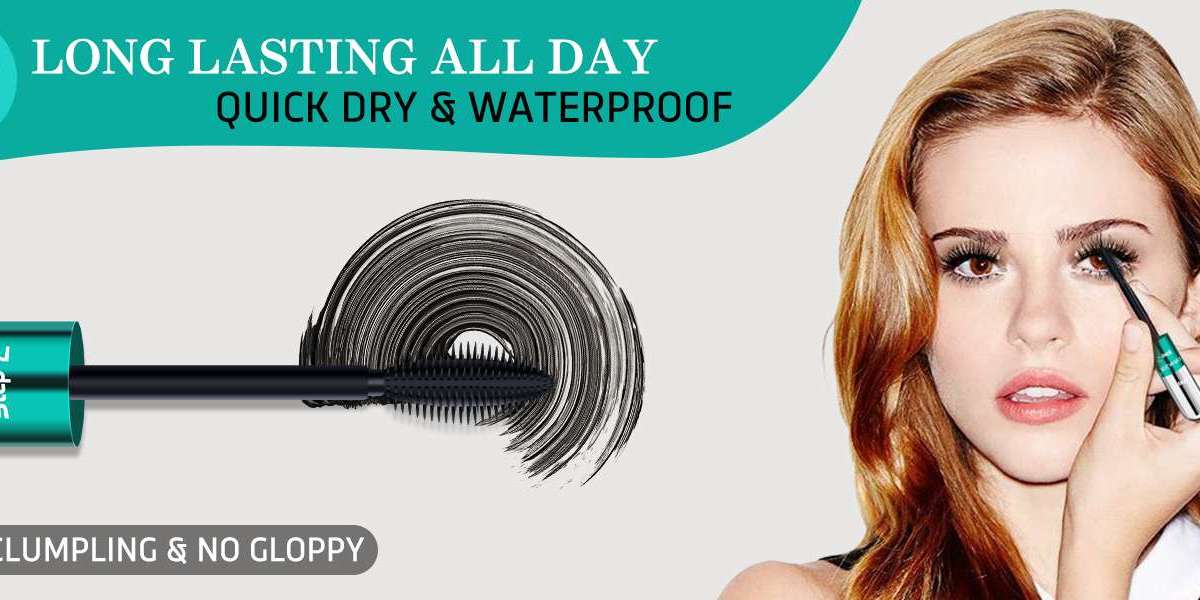1. Introduction
It's simple to become engrossed in taking care of your companion and fostering your bond in love partnerships. But it's critical to keep in mind that looking after yourself is just as vital as preserving the partnership. In a partnership, self-care entails establishing limits, scheduling alone time, exploring hobbies, and putting your health first. By putting your needs first, you foster both your personal development and contentment as well as a positive balance in your relationship. In order to maintain your authenticity and build a solid relationship with your partner, we'll look at 20 methods in which you can prioritize self-care in a relationship.
2. Setting Boundaries
Establishing limits is essential to preserving individuality in a partnership. In a partnership, having healthy boundaries helps keep one person from feeling overburdened, in control, or as like they are losing their identity. By establishing and upholding boundaries, people can guarantee the room and independence necessary to concentrate on their own development and welfare.
It's critical to first consider your personal wants and limitations in order to communicate and set boundaries in a relationship. Give yourself a clear definition of what conduct, time commitments, personal space, and emotional support are acceptable and unacceptable. Openly and honestly discuss these limits with your partner, stressing that a healthy relationship requires them.
Select a time when you are both calm and able to offer each other your full attention before talking to your partner about boundaries. Express your demands and feelings to your spouse using 'I' phrases rather than placing blame or accusations on them. In order to reach mutually acceptable conditions, attentively listen to your partner's point of view as well. When required, be prepared to negotiate. Finally, keep in mind that establishing boundaries is a continuous process. Review and modify them as necessary over time to make sure they continue to benefit both parties involved.
3. Pursuing Personal Passions
Following one's passions is crucial to preserving one's identity in a relationship. Taking part in things that make you happy and fulfilled enhances your general wellbeing in addition to promoting personal development. Making time for your hobbies, whether they involve cooking, painting, or playing an instrument, can uplift your mood and provide you a constructive way to express your creativity.
It takes communication to strike a balance between relationship commitments and personal pursuits. Talk to your partner about your interests and how you may encourage one another's personal goals. A healthy balance can be achieved by prioritizing quality time with your partner and setting aside specific time for your hobbies. Recall that pursuing your own interests not only helps you but also strengthens your bond with the other person by letting them succeed on their own.
You can fortify your relationship with your partner by figuring out how to incorporate your personal hobbies into activities you both like. Think about taking turns introducing each other to your different hobbies or trying out new things that suit your interests together. You may strengthen your bond and respect the significance of putting yourself first in a relationship by supporting one another's development and engaging in each other's passions.
4. Practicing Self-Care
Self-care is essential for maintaining a healthy relationship with yourself and your partner. It involves nurturing your physical, emotional, and mental well-being.
Physical self-care entails taking good care of your body, exercising, eating healthfully, and getting adequate sleep. You can practice physical self-care as a pair by working out together, preparing nutritious foods, or even giving each other massages.
The main components of emotional self-care are stress management, mindfulness training, getting help when you need it, and doing things you enjoy. Try having open communication, setting limits, spending quality time together without interruptions, or surprising each other with kind gestures as ways to include emotional self-care into your relationship.
Mental self-care is keeping your mind active by taking up new activities, learning new things, being grateful, and thinking positively. In a romantic setting, think about reading books together to spark thought-provoking conversations or taking part in novel activities that both of you find inspiring and challenging.
By actively incorporating various forms of self-care into your routine as a couple ensures that both partners feel nurtured and supported as individuals within the relationship.
5. Communicating Needs
In any relationship, it is essential to communicate requirements. Communication about one's needs and desires can improve a relationship between couples. It's critical to communicate these demands in a constructive way, emphasizing how they might strengthen the bond rather than assigning blame. Express your feelings with 'I feel' words to avoid coming out as judgmental.
Make sure you actively listen to your partner's perspective when expressing your requirements. Mutual respect and empathy will grow as a result of both parties being aware of one another's perspectives. Select an appropriate moment to discuss any issues in a cool, collected manner, avoiding escalating feelings.
Recall that communicating your wants shows that you are an aware of yourself and that you have healthy limits in your relationship, not that you are weak. Both partners can work together to create a more satisfying and harmonious partnership by being open and honest in their communication.








